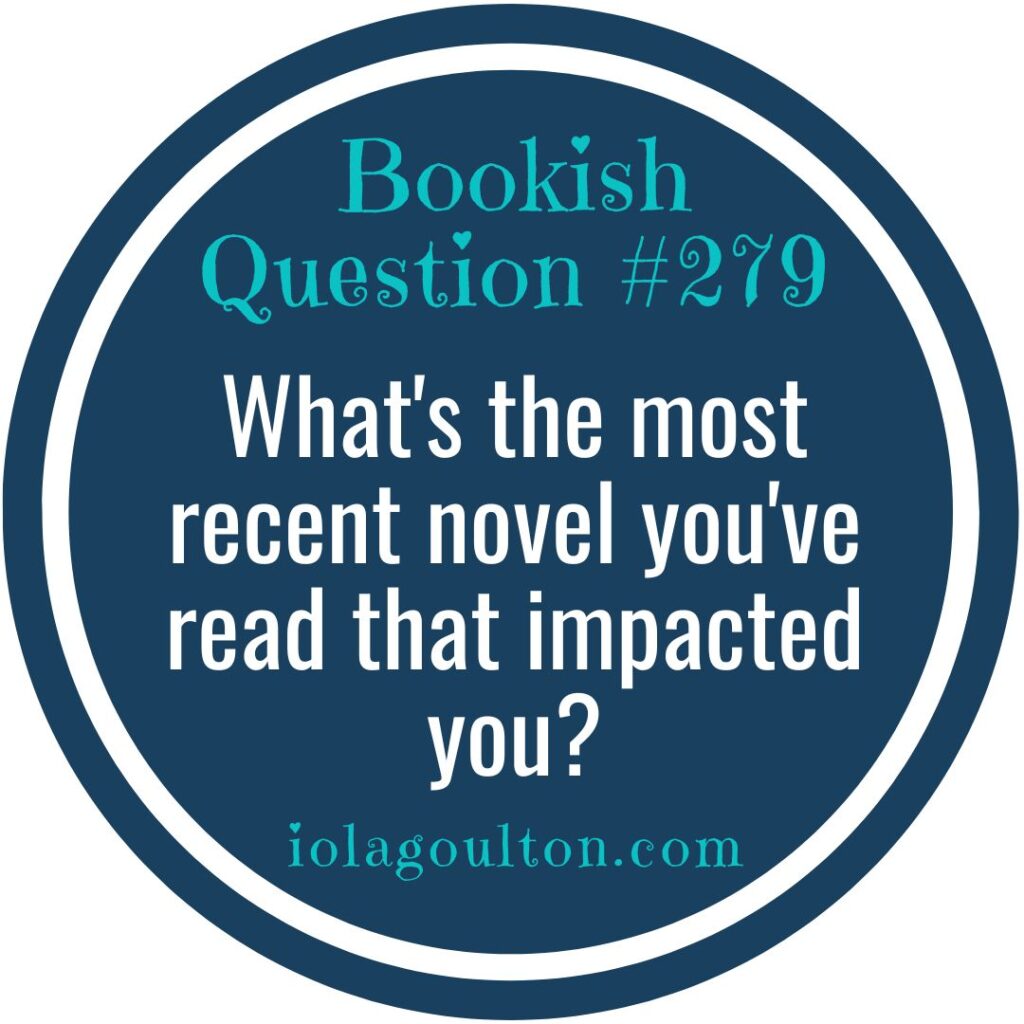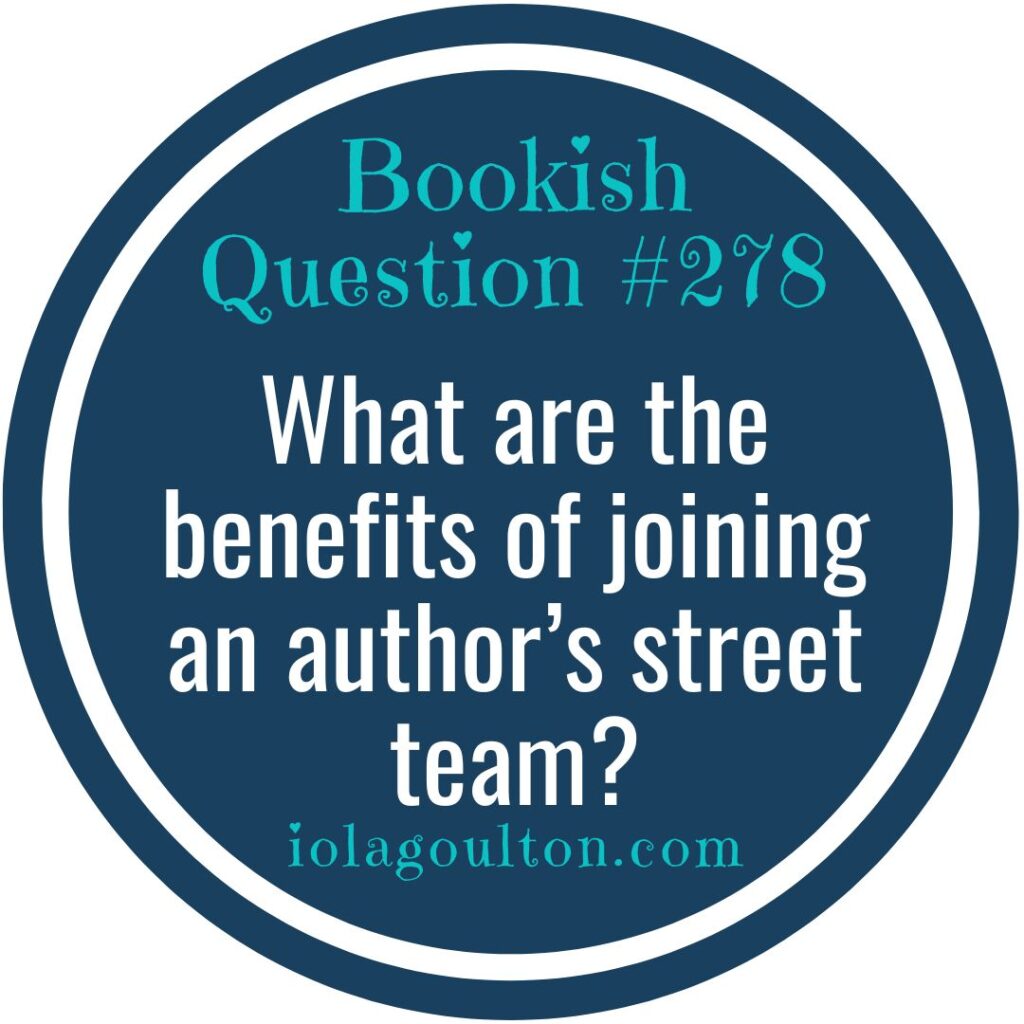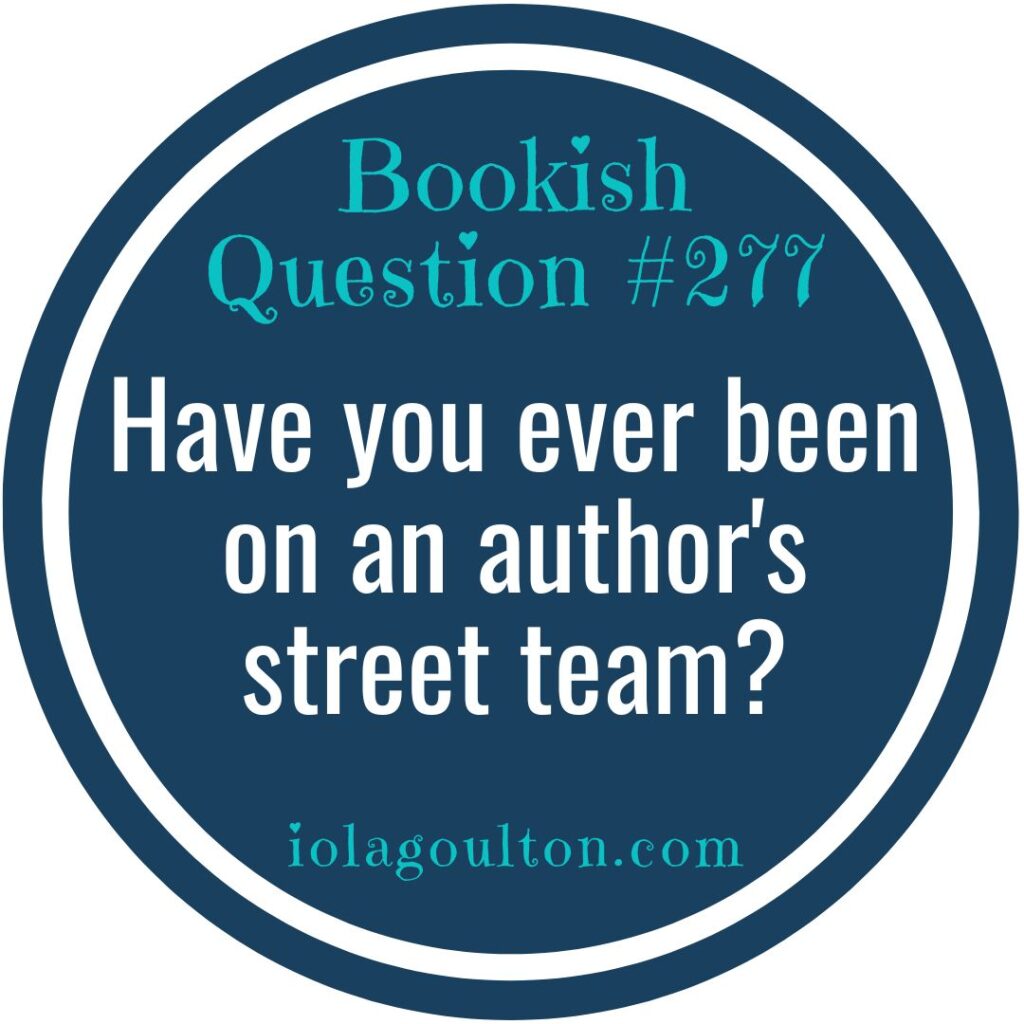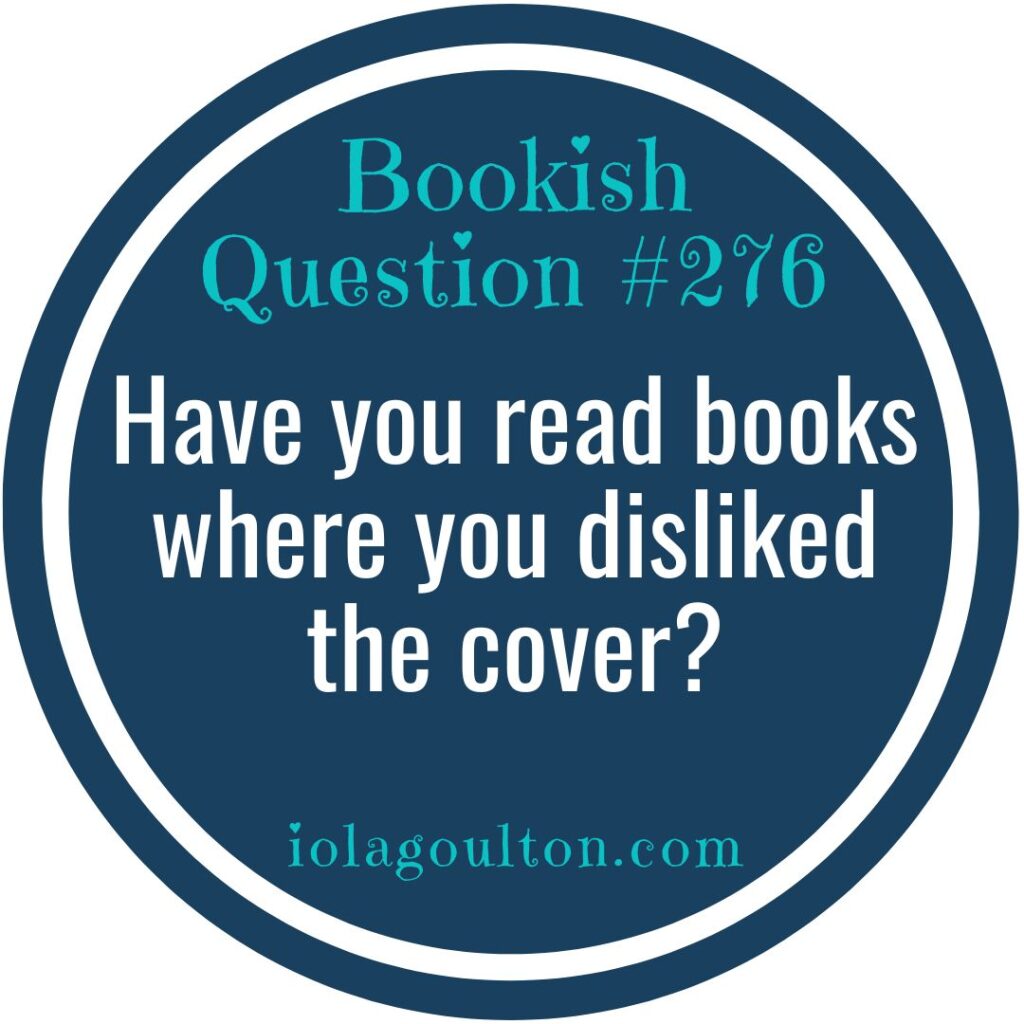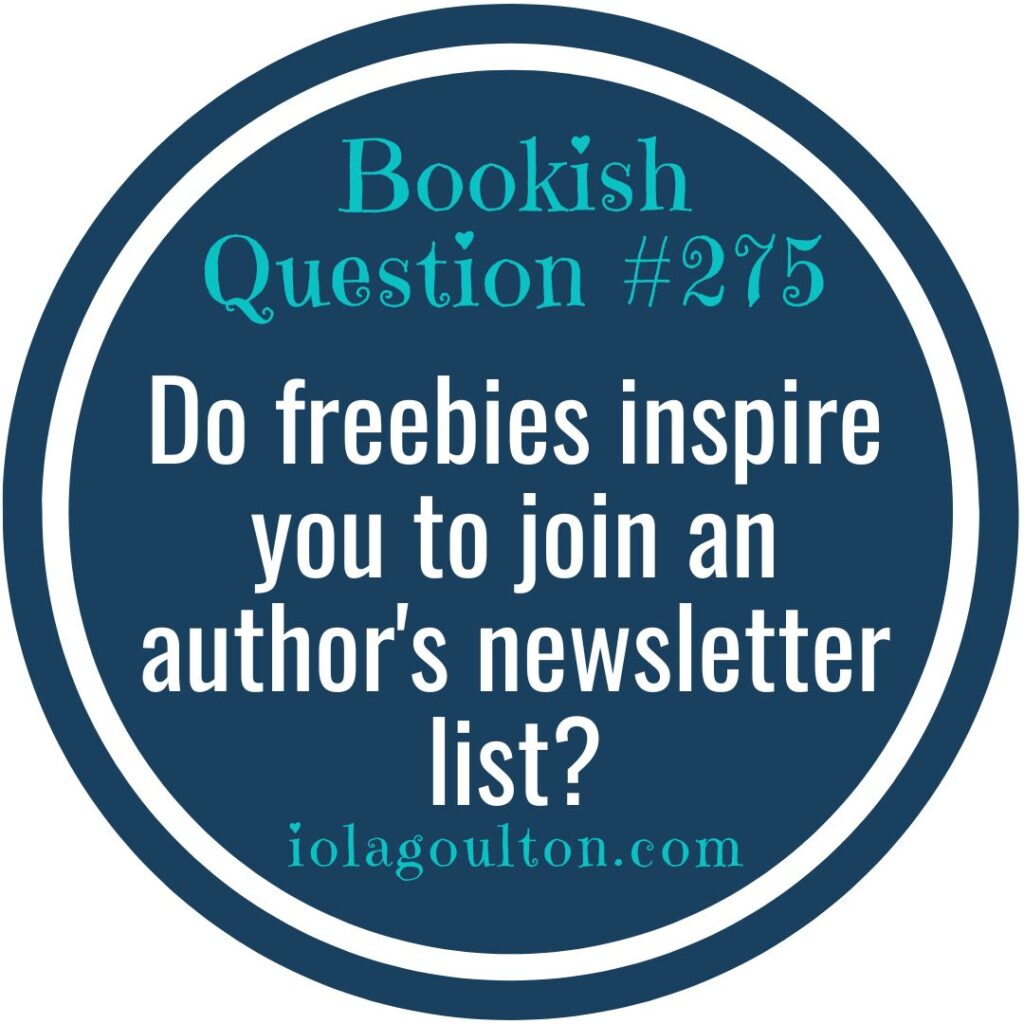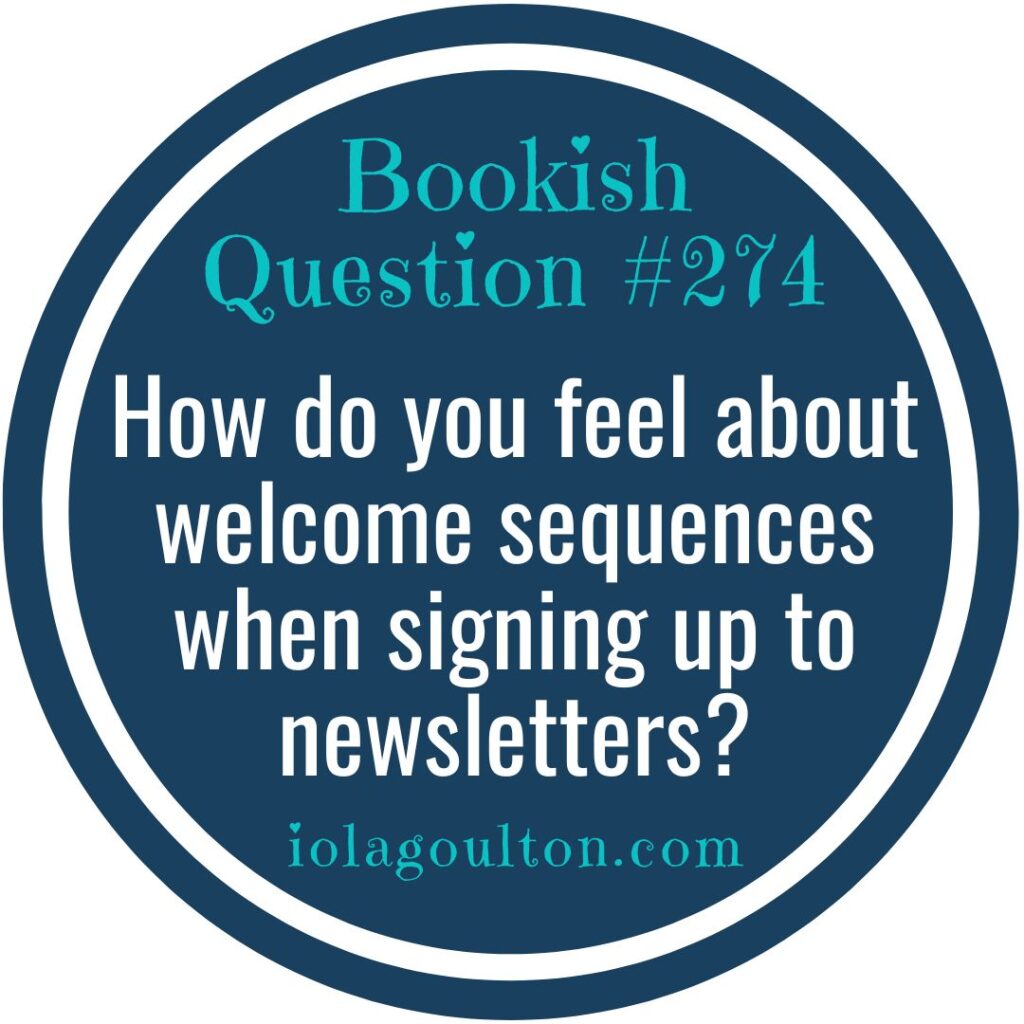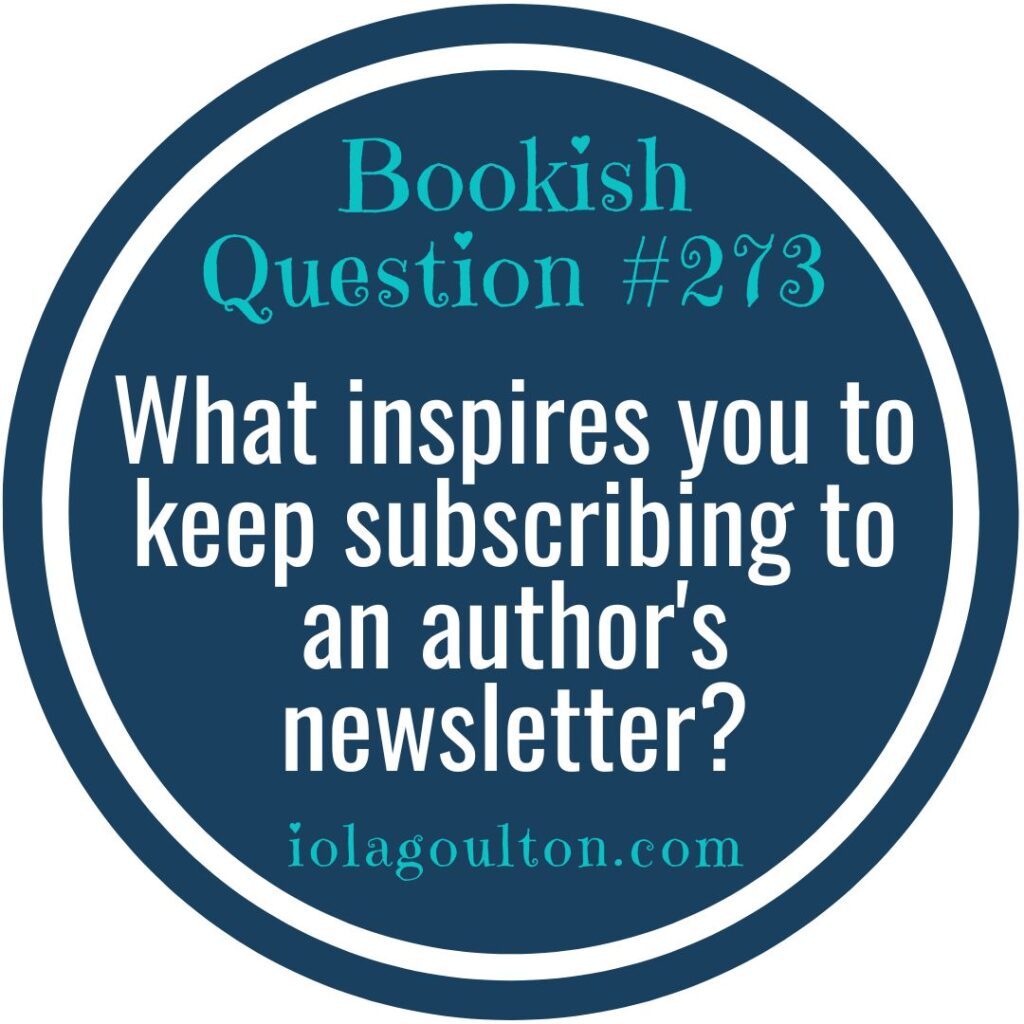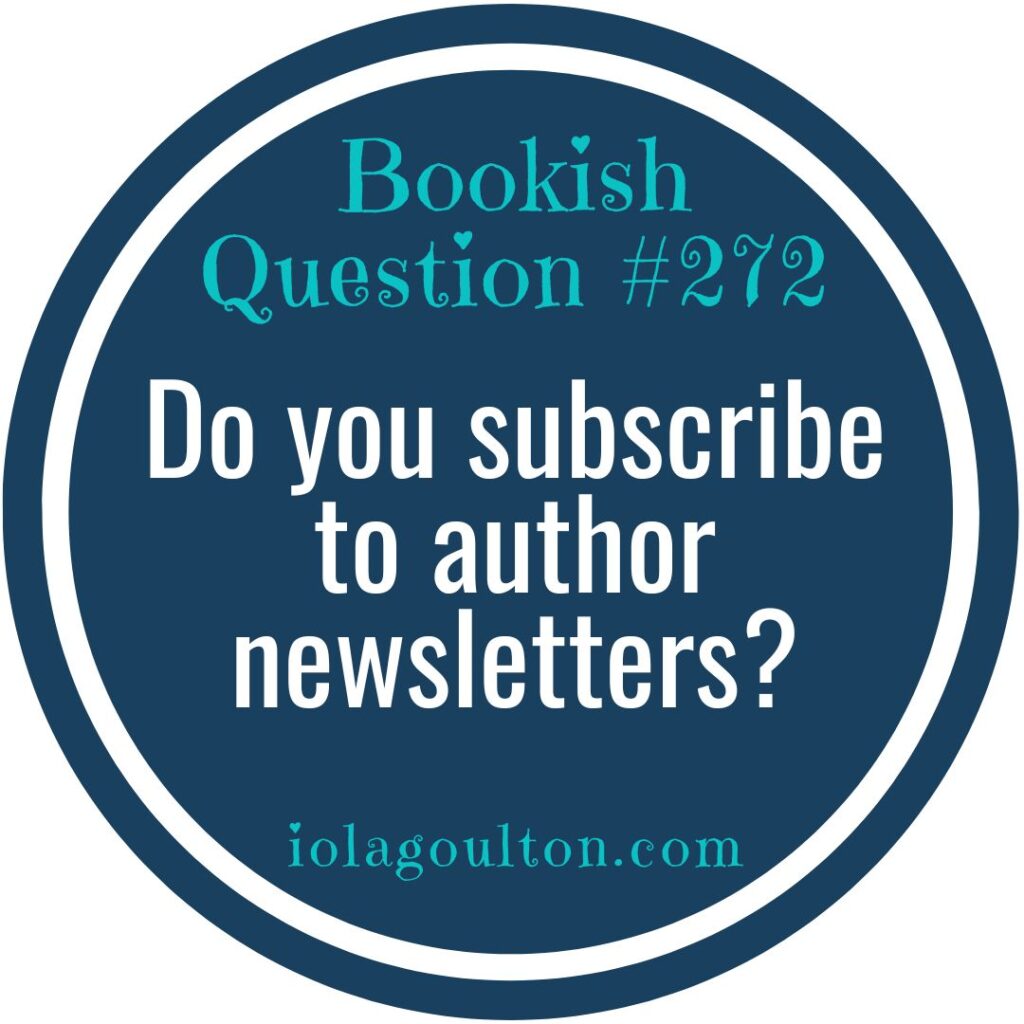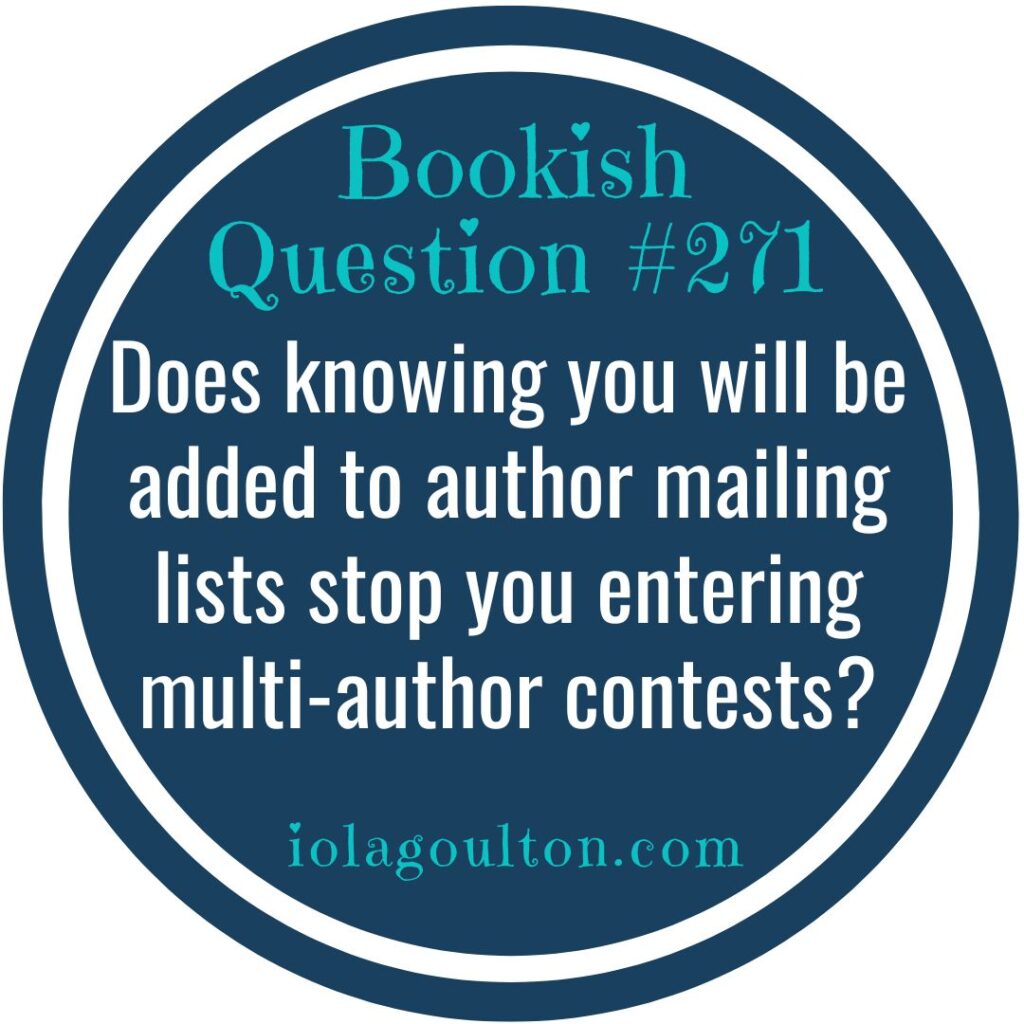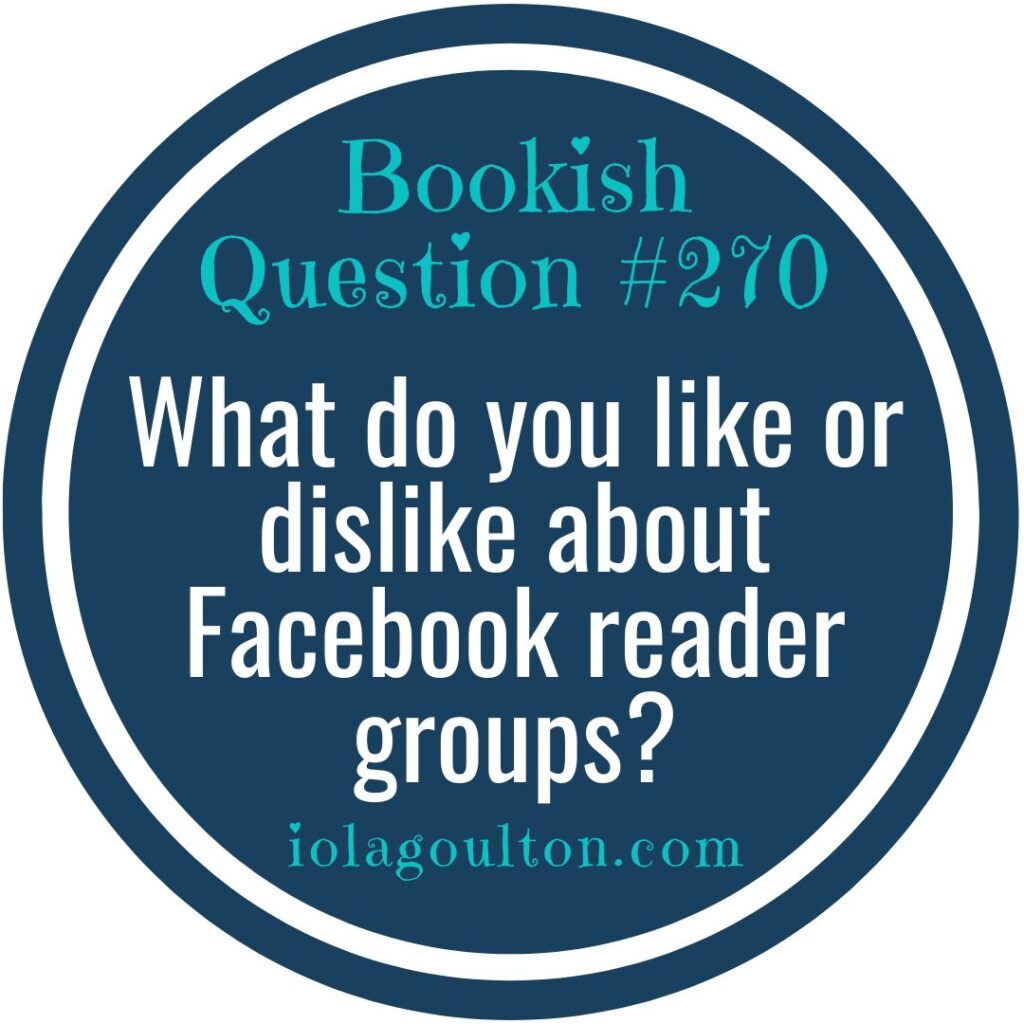I’ve recently finished my advance reader copy of Indigo Isle by T I Lowe. It’s not due to release until 6 June, so my review will post then.
But I can give you a few hints …
Here’s the book description:
Sonny Bates left South Carolina fifteen years ago and never looked back.

Searching off the coast of Charleston for a secluded site to film a key scene, Sonny wanders onto a private barrier island and encounters its reclusive owner, known by locals as the Monster of Indigo Isle. What she finds is a man much more complex than the myth.
Once a successful New York attorney, Hudson Renfrow’s grief has exiled him to his island for several years. He spends his days alone, tending his fields of indigo, then making indigo dye―and he has no interest in serving the intrusive needs of a film company or yielding to Sonny’s determined curiosity. But when a hurricane makes landfall on the Carolina coast, stranding them together, an unlikely friendship forms between the two damaged souls. Soon the gruff exterior Hudson has long hidden behind crumbles―exposing the tender part of him that’s desperate for forgiveness and a second chance.
A story of hanging on and letting go, of redemption and reconciliation, and of a love that heals the deepest wounds, from the author of the breakout Southern fiction bestseller Under the Magnolias.
Indigo Isle is a Beauty and the Beast trope (or grumpy sunshine, if you prefer).
Now, my introverted self is obviously always down for a library and no one around to interrupt me while I read all the books (do I hear an Amen?).
What impacted me was the way the novel subtly reminded me that people are not always what they seem. While the scarred Mr. Beast had obvious external scars that attested to some kind of troubled past, the Instagram-perfect Ms. Sunshine also had scars … scars she kept hidden under a sunny personality and more makeup than a high school prom.

